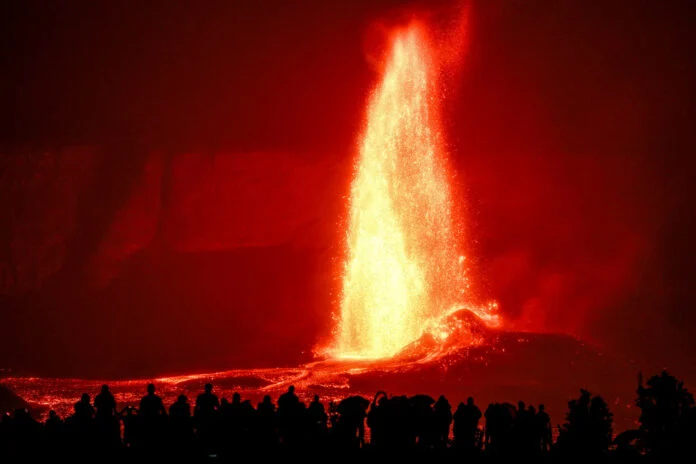The origins of the Romani people, commonly known as the Roma, have long intrigued scholars and historians. Recent advancements in genetic, linguistic, and historical research have substantially elucidated the roots and migratory patterns of this enigmatic group. The Romani are not just a cultural or social entity but represent a unique amalgamation of genetic lineages, languages, and traditions, pointing to a complex history that spans continents and centuries.
Genetic and Linguistic Roots
Genetic studies have played a pivotal role in tracing the origins of the Romani people back to the northern regions of the Indian subcontinent. Analysis of mitochondrial DNA and Y-chromosomal data has shown that the Romani possess genetic markers that are predominantly found among the peoples of Rajasthan, Punjab, and Haryana in India. This genetic evidence strongly supports a South Asian origin, consistent with the linguistic ties that link the Romani language, Romani, to the Indo-Aryan language family.
Romani language itself is a crucial piece of the puzzle. It retains a substantial lexical stock from Sanskrit and Prakrit, alongside grammatical structures that align closely with those found in modern northern Indian languages. This linguistic connection underscores the theory that the ancestors of the Romani departed from India around the first millennium CE, possibly due to the socio-political upheavals brought about by the invasions of Mahmud of Ghazni and subsequent Islamic conquests which disrupted the established societies.
Historical Migrations
The migration of the Romani from India towards the west marks a significant chapter in their history. Initially moving through what is now Iran, the Romani made their way into the Byzantine Empire by the 11th century. From there, they spread across Europe, with records from the 14th century marking their presence in the Balkans and later in Western Europe by the 15th century. Each phase of this migration left profound impacts on the Romani culture, integrating elements from Persian, Byzantine, and various European societies.
The mobility of the Romani people is a testament to their resilience and adaptability. As they traveled, they adopted various professions that facilitated nomadic and semi-nomadic lifestyles, often working as craftsmen, musicians, and traders. This adaptability was both a response to and a catalyst for the often hostile receptions they faced in medieval Europe, where they were frequently marginalized and subjected to severe discrimination and legislation that hindered their integration into settled societies.
The scientific inquiry into the origins of the Romani has unveiled a narrative that begins in the Indian subcontinent and weaves through the Middle East to the heart of Europe, revealing a story of movement, adaptation, and survival against considerable odds. Understanding where the Romani people come from not only enriches our comprehension of their unique cultural identity but also enhances our appreciation for their significant contributions to the cultural tapestries of many nations. By recognizing their origins and the historical currents that have shaped their diaspora, we foster a deeper respect for the diversity and resilience of the Romani people.









